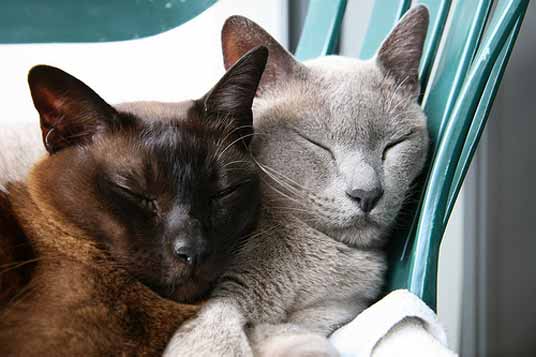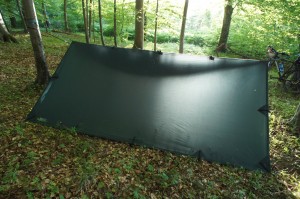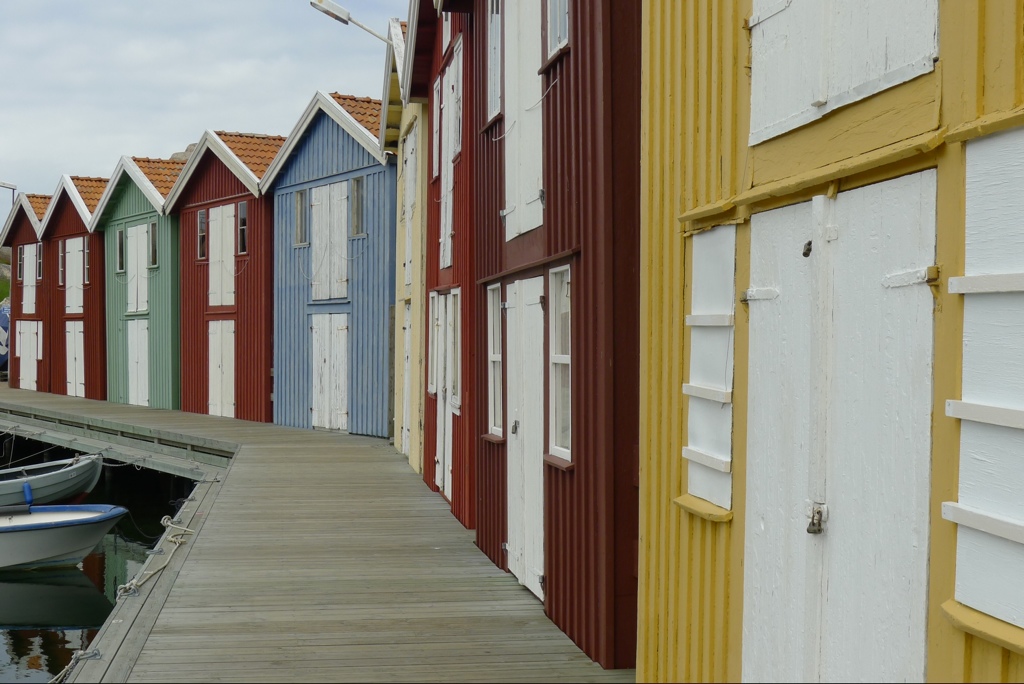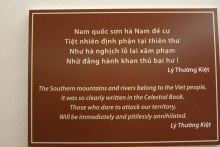Myanmar has been the official name of the country since 1989, but still a great deal of people are unaware of the change. Some even go into the lengths and insist that Burma is the right name. In the press the country is sometimes referred as Myanmar (Burma) to avoid the confusion. So what is going on here? Why is there still confusion after 25 years?
The controversy only concerns the English language and mostly due political reasons. In Burmese the country name is Myanma and Bama is used in colloquial speak. The original name of the country is Myanma and the oldest use of the word goes back to 11th century. Myanmar is the “englishified” spelling adopted in 1989. The name Burma as the official name of the country was adopted in 1930 during the British colonial rule. Burma derives from Barma, which is the major ethnic group in Myanmar with roughly 68% of the country population. To make things more confusing, Barma or Bama itself derives from Myanmar using a funky word substitution (Myanmar → Myanma → Myama → Mama → Bama). So what is the big deal about restoring the original name of the country?
The decision was made by the ruling junta, which made it unpopular among the opposition on the grounds that the junta had no authority to change the name. National League for Democracy, the main opposition force in Myanmar, favored Burma over Myanmar in 90s, but changed their tune since then. Some opposition parties, while still favor using Burma in English, use Myanma in Burmese. No opposition party insists on using Bama as the official name in Burmese.
I have asked local people about which name they preferred and everybody went for Myanmar. A guy from the Shan state told me that they found the name Burma offensive because of the British background. So there you have it. The original name is Myanma(r) , vocal opposition voices insist on Burma. Locals use Myanma(r) , the rest of the world knows only Burma. British use Myanma when talking to local population and Burma among each other. So yes, a total mess with a politically charged element, but it seems the trend is moving towards Myanmar.
Another matter is what will happen to Burmese cat? As a politically correct version I suggest renaming it to Meownmar cat.

Tag Archives: musings
Bum life
 On my way to Hamburg after it had started raining, I sat under a tree on the side of the road, had a yoghurt and watched passing by cars. Slowly getting wet and feeling more or less miserable, I had a realization that for the time being I was essentially living a life of a bum. Drifting around, spending most of my time outside, being on the mercy of weather and having no place I would call home or even a base camp. Having no base camp was one of the biggest mindfucks of my journey. At times I felt like Cartman from South Park: “Screw you guys, I am going home”. Except I did not have one. Unlike a tent my hammock was merely a temporarily shelter intended for sleeping, it had no camp qualities. Moreover I avoided temporary homes in the form of hotels and hostels for the entire journey. Drifting life has its charm, but homelessness is not a nice feeling by any means. I would not want to experience anything like this out of necessity. Of course in my case this all was by choice, plus it had a high-tech slightly posh flavour. I had my bicycle, expensive technological clothes and gadgets. I ate well and once in a while went to a semi-fancy restaraunt. Once I went to a boutique cafe to have a 6€ chai-latte (Hello Denmark!) and used their toilet for a morning wash-up. Contrasts at their best.
On my way to Hamburg after it had started raining, I sat under a tree on the side of the road, had a yoghurt and watched passing by cars. Slowly getting wet and feeling more or less miserable, I had a realization that for the time being I was essentially living a life of a bum. Drifting around, spending most of my time outside, being on the mercy of weather and having no place I would call home or even a base camp. Having no base camp was one of the biggest mindfucks of my journey. At times I felt like Cartman from South Park: “Screw you guys, I am going home”. Except I did not have one. Unlike a tent my hammock was merely a temporarily shelter intended for sleeping, it had no camp qualities. Moreover I avoided temporary homes in the form of hotels and hostels for the entire journey. Drifting life has its charm, but homelessness is not a nice feeling by any means. I would not want to experience anything like this out of necessity. Of course in my case this all was by choice, plus it had a high-tech slightly posh flavour. I had my bicycle, expensive technological clothes and gadgets. I ate well and once in a while went to a semi-fancy restaraunt. Once I went to a boutique cafe to have a 6€ chai-latte (Hello Denmark!) and used their toilet for a morning wash-up. Contrasts at their best.
This homeless life would not be possible without pit-stops. Camping in the nature and going without a shower is fine for several days, but it is not sustainable over a longer period of time. Everything has an expiration date. I was lucky to have friends and acquantances along the way, which were kind enough to host me. My gratitude goes to Dhamma Sobhana in Ödeshög; Helena and her family in Skredsvik; Deepak in Copenhagen; Helge and Ina in Hamburg; Christian, Karine and Juri in Magdeburg; Juha and Maija in Berlin; Kristo in Berlin; Marcin and his family in Chocewil; Leonid and his family in Riga; Marko and Ivo in Tallinn. Without you, this trip would not be possible. Thank you guys.
Insights about Sweden
I met Helena on a trip to the Gobi desert in Mongolia. Our team of five spent a week in an old Soviet minivan breathing dust and marvelling the great nothingness of Mongolian wilderness. Then we continued to Beijing and Xian to have more adventures, after which our ways parted. You rarely see people for your travels again. You meet very nice people and spend quality time together. When the time to part comes, contact information is exchanged, after which they become just another Facebook friend you rarely talk to. However, Uddevalla (or rather Smedsvik) was sort of on the way, so why not visit the fellow traveller? After many days of cycling and the woods I longed for a pit stop and somebody to talk to. And we talked…
There is a phenomenon among posh people from Stockholm called “vaska”. It involves purchasing two bottles of expensive champagne and asking the bartender to pour one out just to demonstrate your wealth status. The phenomenon was born after bars and restaurants banned spraying champagne all over the place by the same type of clientele, as this practice destroyed interior. Well, old habits die hard, so “vaska” was born. Nowadays in the age of digital technology you can even order “vasta” using SMS and you get a confirmation message that the service was carried out. NOW HOW COOL IS THAT?
 We visited Smögen, an overgrown fishing village and a popular tourist destination, not so far away from Uddevalla. The tourist season had not started yet, so it was eerily quiet, which I enjoyed the most about it. A rathet enjoyable place, but not all that exciting as Lonely Planet makes it to be. Not that unique either. I visited Fiskebäckskil visited by accident – forgot to turn in tie, which resulted in a detour and a visit to this village. Anyway it was very similar to Smögen with all those rows of white houses and orange roofs, minus tourist infrastructure and posh people from Stockholm. Very quiet too. Another revelation about Sweden I had is that west coast areas are full of fauna I normally associate with more tropical areas. Crabs, shrimps, jellyfish and all kind of sea creatures not found in Finland. Good seafood soup in Smögen as well.
We visited Smögen, an overgrown fishing village and a popular tourist destination, not so far away from Uddevalla. The tourist season had not started yet, so it was eerily quiet, which I enjoyed the most about it. A rathet enjoyable place, but not all that exciting as Lonely Planet makes it to be. Not that unique either. I visited Fiskebäckskil visited by accident – forgot to turn in tie, which resulted in a detour and a visit to this village. Anyway it was very similar to Smögen with all those rows of white houses and orange roofs, minus tourist infrastructure and posh people from Stockholm. Very quiet too. Another revelation about Sweden I had is that west coast areas are full of fauna I normally associate with more tropical areas. Crabs, shrimps, jellyfish and all kind of sea creatures not found in Finland. Good seafood soup in Smögen as well.
Notes about Vietnam (Part 1)
While I was in Laos, I heard so many negative things about Vietnam and especially Vietnamese people, so that it made me to reluctant to go at all. Fortunately I went and realized that Vietnam is not all that bad and in fact is a lovely country, although I can see why some people dislike Vietnam. Vietnam is like the mini-China. Vietnamese are ruthless, determined and focused. These people fought for 40 years non-stop defeating French, Americans and Chinese (and then invaded Cambodia). If there is a third world war, I want to be on the side of Vietnam for sure. One cannot conquer these people. As a citation in War Remnants Museum says “Those who dare to attack our territory; Will be immediately and pitilessly annihilated” Vietnamese are very business oriented minds and they easily make you part you with your money, sometimes in not so honest matter. But they do it with in a good fashion with a smile on their faces. You have to be constantly alert when doing money transactions. Double checking change, establishing price information in advance and making sure that you really get what you pay for. Nonetheless I found Vietnamese good-natured and pleasant. Especially after you get past the “you as a wallet” role, people turn out to be very nice. In this sense, Vietnam is very similar to China. The Chinese are vicious business-men and act like your worst enemy, when the transaction is being made. But once you get past that, they magically turn into the sweetest people. Jackyl and Hyde style.
I had an interesting experience on the journey to Da Lat, when I forgot my wallet in the bus. I realized the fact only after the bus was gone. A phone call was made and ten minutes later I got the news that they had found my wallet. Immediately a motorbike guy appeared and offered his services for only 150000 dongs (5€). An outrageous price, but I had to catch another bus, so I had to accept it. We went from one place to another one and back. Everybody around me spoke Vietnamese, inquiries were made, I did not understand anything and just followed my guide. Eventually two guys appeared with my wallet in their hands. Their first question was how much money I had in my wallet. To which I told them to just give my wallet back. We argued for a bit, but eventually I got my wallet. Cash card, euros and bahts were intact, but dongs were missing. It was plain obvious from their reaction that they took the money, but words and accusations did not help. Eventually I gave up, hopped on a motorbike and went back to catch a bus connection. This incident produced mixed feelings. One one hand, money was gone, but on the other hand they were honest enough to return my wallet with the rest of the content. Interestingly enough I had more in euros and bahts than dongs, but they did not know the value of these currencies.
I found out that Thai are a nice smiling bunch (at times artificially) and swallow any kind of disrespect, but behind your back they will be sure to express their true feelings. Vietnamese are different. Years of war resulted in the fact that Vietnamese do not tolerate disrespect from tourists. If you offend them, they do not laugh it away like Thais do, but will tell you directly that you are out of line. Tourism industry has created this artificial wall of niceness, where tourists can get away with anything, as long as they pay money. I prefer the Vietnamese way, though. Direct and ruthless, but at least there are no artificial smiles and fake emotions. If they act nice, they are nice. If they act angry, they are angry. Simple as that.
Books
When I quit my job, I naively assumed that I would automatically have time for doing long neglected things as reading books. What I found out that without a right motivation these things just do not happen. On the other hand, travelling is filled with moments that provide no entertainment whatsoever, such as sitting in a bus for 12 hours, so a good book is a god send. Furthermore there were beach / hammock moments, where reading was the only activity I could bring myself to doing.
Then there was this factor of mystery, I never knew what book I was going to read next. At times I devoted my time to hunt a book by systematically checking nearby resorts/hotels. Stieg Larson and Marian Keynes were everywhere, but something more substantial was much more challenging to find. Sometimes I found a book I wanted to read, but could not agree on the price (bookshops on Koh Tao charged outrageous prices for used books for example). Other times I stole borrowed books from hostels as a form of redistribution of wealth (and then left the book in another hostel). Finding a next book to read became an adventure itself.
Below is the list of the books that accompanied my journey.
Howard Rheingold “Smartmobs”
Jules Verne “20000 Leagues Under The Sea”
Charles Dickens “Oliver Twist” (heavily abridged edition with a Chinese translation on every page)
Mary Shelley “Frankenstein”
Zachary Mexico “China Underground”
Игорь Станович “ГоанÑкие хроники”
Stephen Dubner & Steven Levitt “Freakonomics”
Yann Martel “Life of Pi”
Neil Stephenson “Snow Crash”
William Shakespeare “Othello”
Ken Kesey “One Flew Over Cuckoo’s Nest”
J.D. Sallinger “Catcher in The Rye”
Catherine Taylor “Once Upon A Time In Beirut”
Henri Charriere “Papillon”
Philippe Cornwell-Smith “Very Thai: Everyday Popular Culture”
Том Вульф “Ðлектропрохладительный КиÑлотный ТеÑÑ‚” (Tom Wolfe “The Electric Kool-Aid Acid Test”)
Paulo Coelho “Alkemisti”
Jack Kerouac “On The Road”
William Golding “Lord Of The Flies”
Hermann Hesse “The Journey To The East”
Jules Verne “The Journey To The Center Of The Earth”
My favourite one is Jack Kerouac’s On The Road. It literally blew my mind. This is how you write a travelogue and this is how you travel. Amazing language, amazing read. Throughly enjoyed Paulo Coelho’s Alchemist too, it resonated very well with my own life at the moment. Papillon is brilliant, a proper adventure. Many great books and no dreadful reads apart from “Smartmobs”, the only book I could not finish. Interesting ideas, but the language is just miserable. “Othello” was hard to finish too, but due to the fancy language (it is Shakespeare after all). I kind got the general idea, but the subtleties of the language were lost on me. It was worth a try though.
